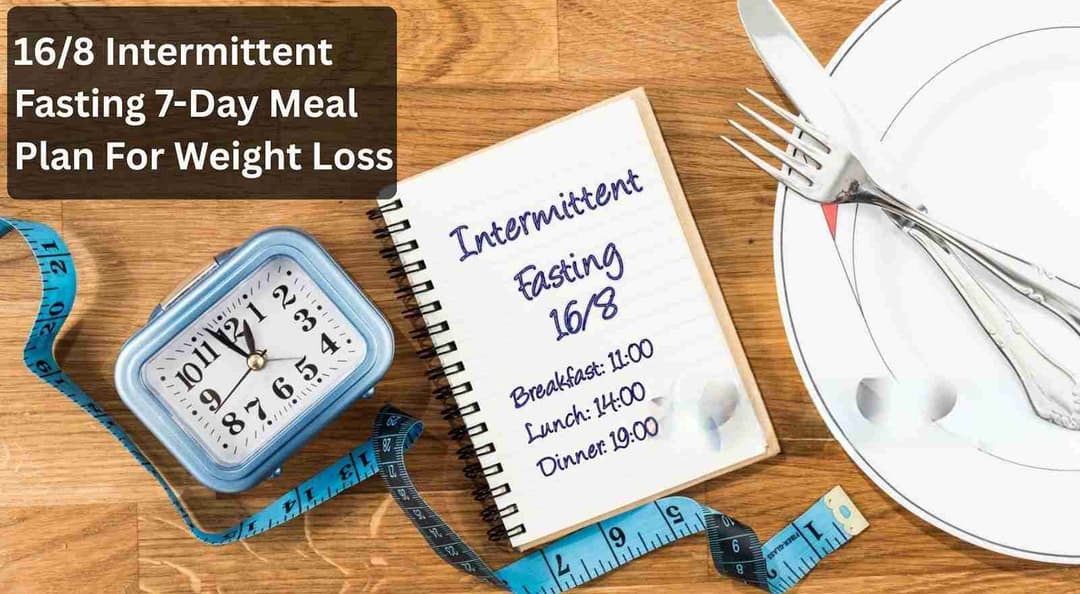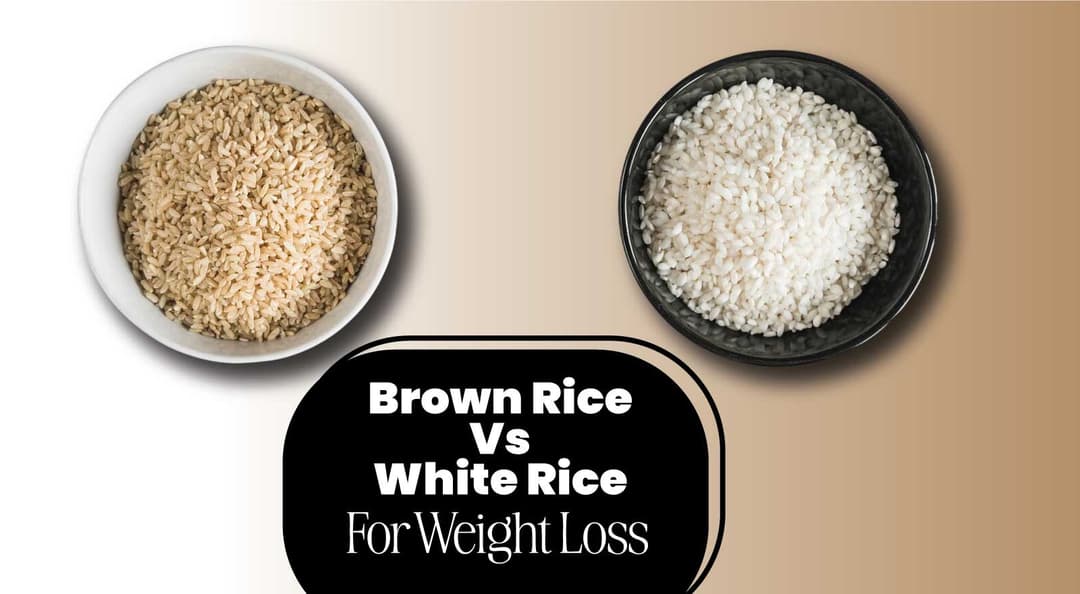Hello readers! Do you know that your cardiorespiratory health is one of the most important things that plays a crucial part in your overall health and well-being? It contains all the major organs, like the heart and the lungs, which are equally important for transporting oxygen to the muscles during physical activity.
When you have good and functional cardiorespiratory fitness, then your heart, lungs, and blood vessels work together effectively to pump oxygenated blood to your muscles during exercise. However, some reasons, like lack of physical activity or any sort of movement, affect its effectiveness.
Therefore, in this blog, we will learn how to maintain cardiovascular fitness and explore some of the exercises that keep you fit. We will also look at the benefits of these exercises.
Table Of Contents
- What Is The Meaning Of Cardio Fitness?
- What Are Examples Of Cardiorespiratory Fitness?
- Why Is Cardiorespiratory Fitness Important?
- How To Improve Cardiorespiratory Fitness?
- The Final Say
- FAQs
- References
What Is The Meaning Of Cardio Fitness?
Cardiorespiratory fitness (CRF) refers to the coordinated functioning of various organs, such as the heart, lungs, blood vessels, and muscles, to deliver oxygen and nutrients to skeletal muscles during physical activity while removing waste products like carbon dioxide.
It is also known as "Aerobic fitness" and is measured by parameters such as maximum oxygen consumption (VO2 max), heart rate response, breathing rate, and endurance level during aerobic exercise, which is vital for overall health and well-being.
By constantly performing cardiorespiratory activities, you can get the following benefits: cardiovascular development, weight management, boost metabolism, and lowering the chances of serious diseases such as heart disease, stroke, and diabetes. Not only this, but it also improves your mental and emotional health by reducing stress, anxiety, and depression and improving cognitive function, leading to a better quality of life.
Also Read: 7 Health And Fitness Tips For Weight Loss Results | ToneOpFit
What Are Examples Of Cardiorespiratory Fitness Exercises?

Here are some examples of cardiorespiratory fitness exercises that you can choose:
1. Running
It is one of the most popular and effective forms of cardiorespiratory exercise. It can be performed almost anywhere, requires minimal equipment, and provides many health benefits. Whether it's a moderate or high-intensity activity, running works major muscle groups, including the legs, core, and arms, while increasing heart rate and breathing. Regular running increases cardiovascular endurance, strengthens bones and muscles, promotes weight loss, and reduces the chances of chronic diseases such as heart disease and diabetes.
2. Cycling
Cycling is another great cardio exercise, whether outdoors or indoors. It has a low impact on running and is suitable for people with joint problems or recovering from injury. It targets your lower body muscles, including your quadriceps, hamstrings, and glutes, while also improving core and body strength and balance. Regular cycling or high-intensity interval training can improve your cardiovascular fitness, leg strength, and overall fitness.
3. Swimming
It is a full-body exercise that challenges both the heart and lungs. It also offers the advantage of low impact, making it suitable for people of all ages and fitness levels. Swimming works almost every muscle group in the body, including arms, legs, core, and back, while protecting water. The precision of swimming combined with breathing control will increase lung capacity, improve cardiovascular function, and improve muscle strength and flexibility. Additionally, swimming can help reduce stress, improve your fitness, and recover from injury.
4. Jumping Rope
It is a simple but effective cardiorespiratory exercise that can be done with minimal space and equipment. Jumping rope quickly increases your heart rate and works on many muscle groups, including your legs, core, shoulders, and arms. It also improves coordination, agility, and bone speed. Incorporating skipping rope into your exercise routine can increase your heart rate, burn calories, and improve overall athletic performance.
5. High-Intensity Interval Training (HIIT)
HIIT is a cardio exercise alternating between short periods of intense training and short periods of rest or low-intensity recovery. This approach forces the cardiovascular system to adapt to rapid changes in intensity, resulting in improved aerobic and anaerobic fitness. HIIT workouts can include various movements, such as running, cycling, and jumping, or exercises like burpees and mountain climbing.
The high-intensity interval gets your heart rate closer to its peak, while the recovery interval allows you to recover before your next workout partially. HIIT is known for its activity duration and ability to burn calories during and after exercise, making it a popular choice for people with busy schedules.
6. Aerobic Dance
Aerobic classes such as Zumba, aerobics, or dance aerobics combine dance with music to create a fun and effective workout. These classes often involve continuous movement patterns that increase your heart rate while working different muscle groups. Aerobic dance moves include dance elements such as salsa, hip-hop, or jazz and cardiovascular exercises such as jumping, kicking, and running. In addition to improving cardiovascular health, an aerobic dance class provides socialisation, stress relief, and happiness through music and movement.
7. Stair Climbing
Climbing stairs is a simple but challenging exercise that requires minimal equipment, only a stepladder. It works your core muscles, including your hamstrings, glutes, and calves, while also increasing your heart rate and breathing. Climbing stairs has good cardiovascular and muscle benefits; it helps improve endurance, leg strength, and overall health. Climbing stairs can be done at different levels, from fun to fast stairs to becoming a strong person to goals.
8. Rowing
The activity requires coordination and fluid movement of the legs, core, back, shoulders, and arms. Rowing, like running, is a low-impact activity suitable for those with coordination problems or who are looking for a challenging but coordinated activity. The intensity of rowing training can range from steady work to long-term endurance and offers a variety of options for improving cardiovascular, strength, and endurance.
Also Read A Complete Workout Routine For Beginners To Kickstart Fitness!
Why Is Cardiorespiratory Fitness Important?
By keeping your cardiovascular Fitness up to the mark, you can maintain your health and well-being. It provides your body and mind a bundle of health benefits like:
1. Improves Your Heart Health
By engaging yourself in regular aerobic exercises, you can strengthen your heart muscles, improve cardiovascular health, and increase your efficiency. Not only this, but it keeps your blood pressure in check, boosts blood circulation, and lowers the chances of severe disorders like stroke, heart attack, etc., so if you want to make your heart happy and healthy,
2. Enhances Lung Functionality
By focusing on your cardiorespiratory fitness, you can also increase your lung functionality. It improves the function of absorbing oxygen and removing carbon dioxide. Moreover, it can also help with benefits like improved breathing, increased strength, and reduced shortness of breath during physical activity.
3. Ideal For Weight Management
When you entirely focus on activities like walking and running your cardiorespiratory Fitness, you are actually preparing your body for weight management. These can help burn calories and promote weight loss or weight maintenance. It speeds up metabolism, increases energy utilisation, and helps reduce body fat, especially when combined with a balanced diet and strength training.
4. Enhanced Endurance
Cardiovascular fitness improves the body's ability to sustain long-term physical activity without fatigue. It improves strength, power, and endurance, allowing people to perform daily tasks better and participate in recreational activities for longer periods.
5. Reduced Risk Of Chronic Diseases
If you want a magic trick to prevent chronic disease, then cardiorespiratory fitness activities are a must to include in your workout routine. It increases insulin sensitivity, controls blood sugar, and reduces inflammation, thus reducing the risk of disease. By constantly giving time to maintain your health, you can avoid serious diseases like type 2 diabetes, obesity or overweight, metabolic syndrome, and some types of cancer.
6. Mental Well-Being
Cardiorespiratory fitness can also help you with your mental health as it promotes relaxation and overall well-being. It releases endorphins and neurotransmitters that act as natural mood boosters and reduce stress hormones such as cortisol and adrenaline. Regular physical activity also reduces symptoms of anxiety, depression, and negative emotions while improving sleep quality, cognitive function, and self-confidence.
Also Read: Importance Of Exercise: Benefits For Daily Fitness | ToneOpFit
How To Improve Cardiorespiratory Fitness?
You can try to improve your cardiorespiratory fitness in many ways. Here is the list of tips and tricks that you can follow to enhance your cardiorespiratory fitness:
Tips | Description |
Start Gradually | Begin with low-intensity exercises like walking, cycling, or swimming and gradually increase duration and intensity. |
Choose Aerobic Activities | Focus on activities like jogging, swimming, dancing, or sailing that elevate heart rate and breathing for extended periods. |
Incorporate Interval Training | Include HIIT workouts 1-2 times a week for improved cardiovascular fitness in less time. |
Vary Your Workouts | Incorporate different cardio exercises like running, cycling, swimming, and group fitness to challenge various muscles and prevent boredom. |
Increase Duration and Intensity | As fitness improves, gradually increase exercise duration by 5-10 minutes per week and raise intensity with speed, inclines, or higher resistance levels. |
Consistency is Key | Aim for more exercise days per week, incorporating cardio and strength training. Schedule workouts that fit your routine and make physical activity a daily habit. |
Monitor Your Progress | Track workouts using fitness trackers, heart rate monitors, or cell phones to monitor intensity, duration, and calories burned. |
Incorporate Strength Training | Strength training with weights, bodyweight exercises, or group training complements cardio by building muscle mass and improving performance. |
Prioritise Recovery | Allow adequate rest and recovery after exercise to prevent overtraining and injuries. Use restorative activities like stretching, yoga, or low-intensity exercise to recover muscle and flexibility. |
Maintain a Healthy Lifestyle | Maintain a healthy lifestyle by eating a nutritious diet, properly hydrating, getting sufficient sleep, managing stress, and avoiding smoking or excessive alcohol consumption. |
Expert's Advice
If you want to improve your heart and lung health, eat a balanced diet that includes plenty of fruits, vegetables, lean protein, and whole grains. To stay energised and healthy, make sure you drink enough water, avoid processed and sugary foods, and always eat healthy meals first. If you're not sure where to start, consider talking to a nutritionist who can give you personalised advice based on your health goals.
Health Expert
Akshata Gandevikar
The Final Say
Cardiorespiratory fitness is an essential aspect of health and well-being; it affects longevity and quality of life. Through regular physical maintenance, proper nutrition, and a lifestyle supporting cardiovascular health, individuals can unlock the many benefits of aerobic fitness.
As we grapple with the complexity of the human body, understanding the fundamentals of cardiorespiratory health remains key to building a healthier, stronger future for future generations.
FAQs
1. What is cardiorespiratory endurance?
It is the body's ability to perform any physical activities like running, walking, and jogging that require sustained, rhythmic contractions of large muscle groups for a long period of time.
2. What are cardio-respiratory endurance exercises?
Some of the best recommended cardiorespiratory exercises are:
- Running
- Cycling
- Swimming
- Brisk walking
3. What is cardiorespiratory fitness?
It is basically a measure of how efficiently the body can transport and utilise oxygen during physical activity.
4. What is cardiorespiratory exercise?
Cardiorespiratory exercise refers to any physical activity that elevates the heart rate and breathing rate, such as walking, jogging, cycling, or swimming.
5. What are the benefits of cardio-respiratory fitness?
The benefits of cardiorespiratory fitness include improved heart health, increased lung capacity, improved endurance, better sleep, and reduced risk of chronic diseases.
6. How does cardio-respiratory fitness affect health?
Cardiorespiratory health is the indicator of your health. Good cardio health lowers the risk of disorders like diabetes, stroke, heart disease and some types of cancers.
7. What are cardiorespiratory fitness tests?
Cardiorespiratory fitness tests are assessments that measure the body's ability to utilise and transpose oxygen during physical activity, such as a VO2 max test or a 12-minute run test.
References
- https://www.sciencedirect.com/topics/nursing-and-health-professions/cardiorespiratory-fitness
- https://en.wikipedia.org/wiki/Cardiorespiratory_fitness
- https://www.medicalnewstoday.com/articles/325487
- https://www.medicinenet.com/examples_of_cardiorespiratory_endurance_activities/article.htm
- https://www.intechopen.com/books/7949
- https://www.abbott.com/corpnewsroom/healthy-heart/cardiovascular-fitness--what-it-means-to-your-heart-health.html
About ToneOp Fit
ToneOp Fit is a platform dedicated to improving and maintaining good health through a comprehensive range of goal-oriented health plans with up to 3 Coach support. With a range of Weight Management, Medical Condition, Detox Plans, and Face Yoga Plans, the app also provides premium health trackers, recipes and health content. Get customised diet, fitness, naturopathy & yoga plans and transform yourself with ToneOp.









































